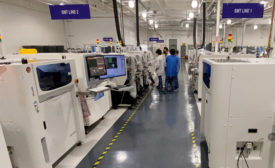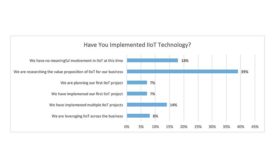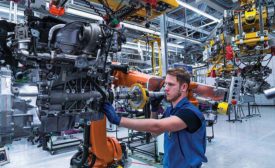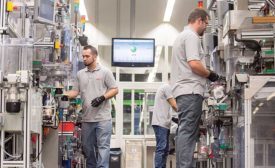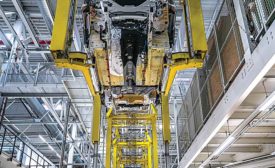Home » digital manufacturing
Articles Tagged with ''digital manufacturing''
Five Digital Transformation Failures and How to Avoid Them
Up to 70 percent of digital transformations fail: Don’t be one of them
May 15, 2020
Assemblers See Promise—and Challenges—in IIoT
Our exclusive new survey reveals assemblers’ usage, plans and expectations for the Industrial Internet of Things
May 15, 2020
Getting Started on the Road to Industry 4.0
Just as lean manufacturing is about more than eliminating waste, Industry 4.0 is not merely a matter of connecting machines and products via the Internet.
May 1, 2019
BMW Improves Quality With Data Analysis
Data analysis allows for predictive maintenance and quality control
May 4, 2018
Never miss the latest news and trends driving the manufacturing industry
Stay in the know on the latest assembly trends.
JOIN TODAY!Copyright ©2025. All Rights Reserved BNP Media.
Design, CMS, Hosting & Web Development :: ePublishing
